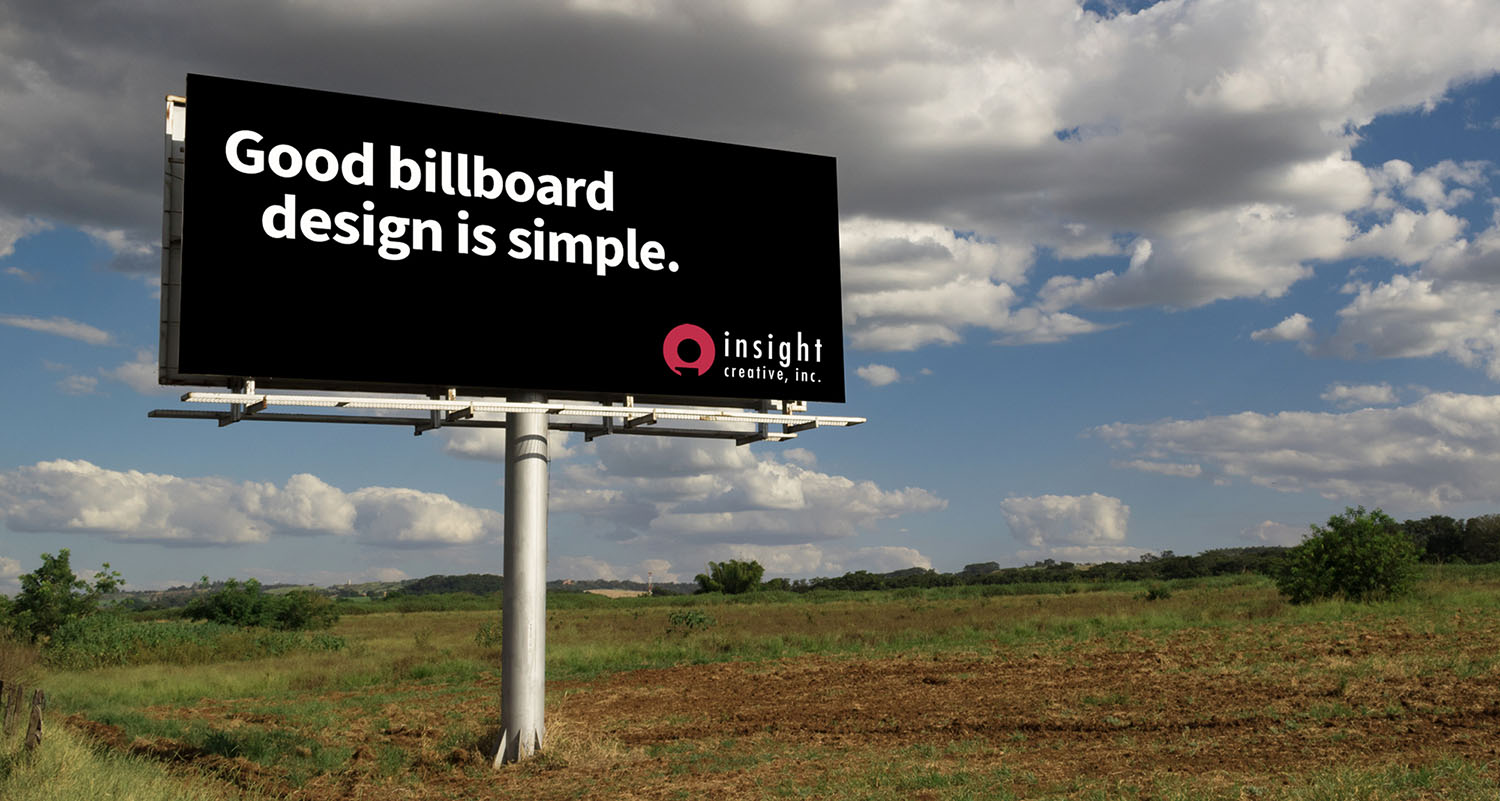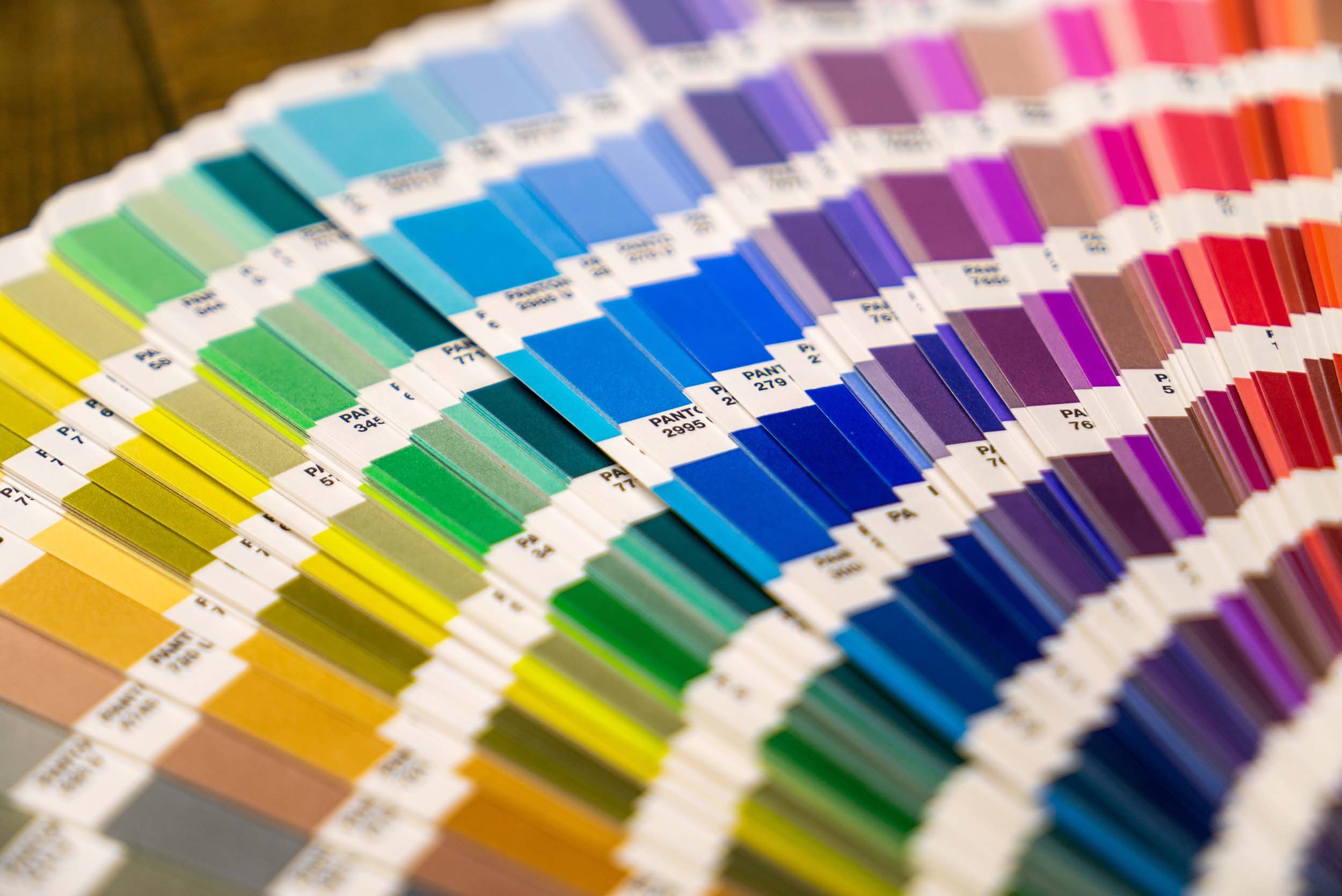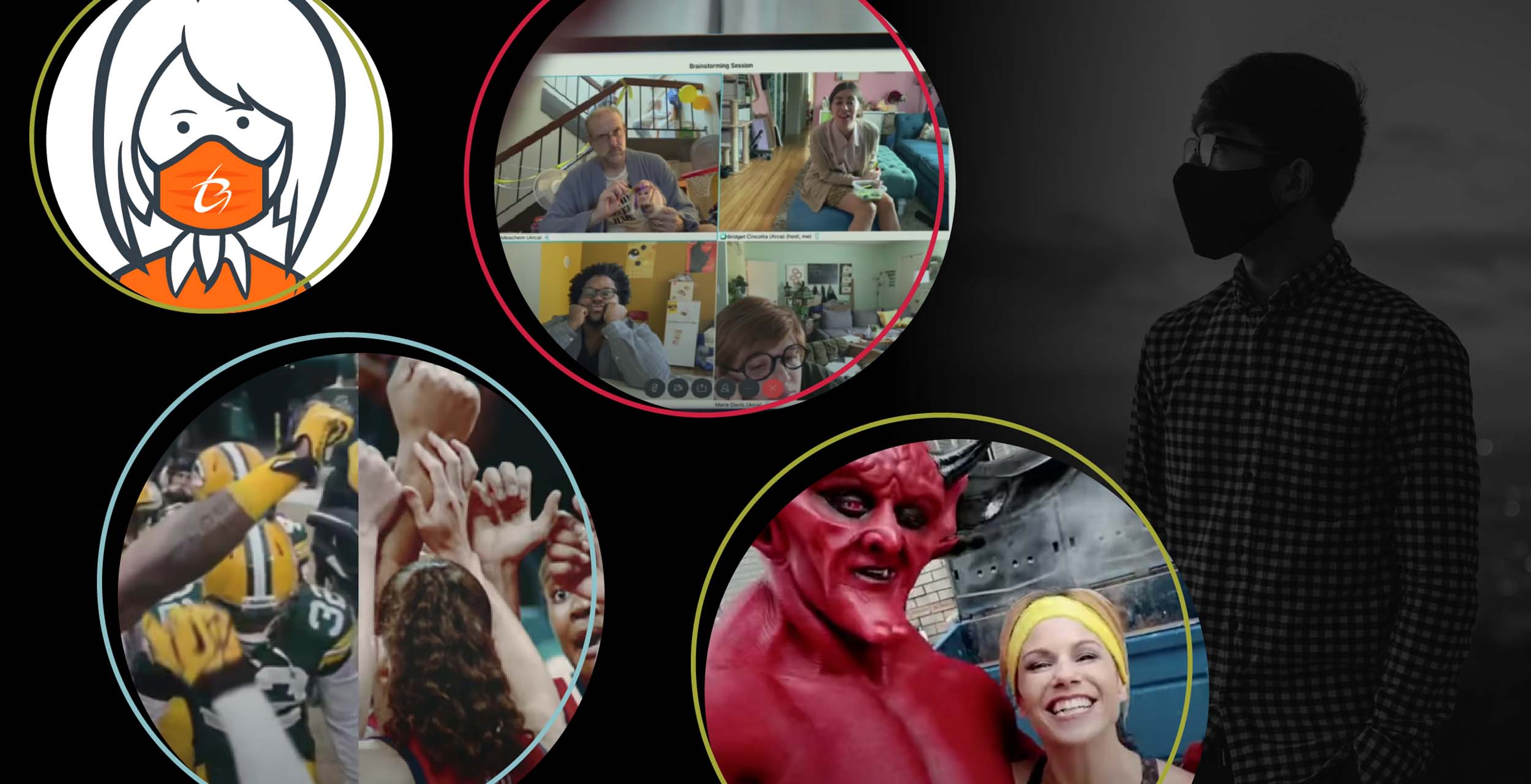10 Tips That Ring True Long After Graduating as a Creative

I recently had the opportunity to be a reviewer at the Fox River Ad Club Student Portfolio Review at UW-Oshkosh. Meeting fresh designers and answering their questions made me think about advice I received as a student that helps me be a better designer and understand the advertising industry to this day.
As a professional graphic designer, it’s easy to get into a pattern that works and stay there until meeting a challenge or client that sparks a new way of doing things. However, the best way to grow is by proactively challenging yourself. If you’re in a rut, I’ve discovered that it always helps to go back to your roots. Now, three years post-graduation, these are 10 tips that I’ve found are still important to remember while working in the creative field.
1. Design is about communication. The main differentiator between artists and designers is the goal of design: to visually communicate a message to the viewer. Whether designing a business card, website, billboard or packaging, the result must convey an easily understood message to the audience regardless of the cool Photoshop techniques or design trends you used. Make sure it’s readable, clear and concise!
2. Don’t get ahead of yourself. Back in school, we were taught to always start with your sketchbook. It’s often tempting to bring your idea straight to your computer and work out the first design that comes to you, but your first or second idea may not be the right fit for the client or situation. Working efficiently means taking the time to ask questions, draw out rough ideas before fleshing them out, and starting out on the right foot once you decide the direction. Doing the right prep work up front will create a stronger result and impress your clients with your process and expertise.
3. Seek out criticism. While in school, weekly group critiques were tough but hearing other people’s honest thoughts about your projects and what could work better is invaluable to growing as a designer. The longer you’re in the field, the easier it is to become complacent with your style and what’s worked in the past. However, the industry is constantly changing and being able to adapt is essential to success. Show your work to new sets of eyes who will poke holes, help find new solutions and, ultimately, make you a better designer. The more feedback you receive, the quicker you can find the right solution. Try to seek out constructive criticism from people more experienced than you and don’t take it personally when you receive it.
4. Learn to give criticism. When starting out in a creative position—no matter what stage of your career—know that your feedback/opinion is valuable. You have a new perspective and if you think there is a better way to execute a project and find yourself holding your tongue, don’t! Just like hearing other’s feedback can make your work better, your idea could be what helps take their work to the next level. Giving feedback also sparks new ideas that can be applied to your designs as well.
5. Figure out the why. Never assume you know what the client wants. Ask questions and make sure everyone is on the same page. At Insight, we have several questionnaires we use depending on the type of project. These questionnaires are always being reviewed and amended so we are gathering all the essential details for every situation. Questionnaires are also beneficial to revisit if you get stuck later in the design process. If you didn’t quite get the answer you were looking for, don’t be afraid to ask follow-up questions. Make sure to ask what the client’s expectations are for the final result, as their answers will give you insight into what is most valuable to them within the scope of the project. This will allow you to have a reason behind every design decision you make for the rest of the project.
6. Embrace the imposter syndrome. When I was in college, I didn’t know what the imposter syndrome was, but learning about this phenomenon made me realize that I struggle with this often and likely so will you. To sum it up, psychologically when we reach a point of success that feels overwhelming or above our skill level, we internalize an irrational fear that we will be exposed as a fraud or underqualified. This particularly hinders creatives because our industry is so vast and changes quickly. The best way to address this is to be confident in your creative process and the experiences that got you where you are today. Listening to podcasts like “The Honest Designers Show” can also be helpful to hear the struggles of creatives who continue to be successful in the industry.
7. Details matter. Remember back in college when it felt like your professor nitpicked every little detail of your work? That was for a reason. Grammatical errors, inconsistent layouts and bad typography will make you—and your client—look sloppy and unprofessional. Be sure to have someone review your work by thoroughly proofreading and checking for these mistakes. It also doesn’t hurt to install Grammarly to ensure all your emails, documents and social media posts are typo free.
8. Your work will get better. Even experienced designers have room for improvement because the industry and the tools we use change constantly. I tend to start disliking my work as it ages due to the fact that my style and skills are always improving and evolving. Know that with experience comes more potential, a deeper understanding of the design process and yes, better work. Whenever looking for inspiration, keep in mind that most of the design work you see on sites like Instagram and Behance has gone through rounds of sketches, revisions and refinement before seeing the internet. Perfection is unattainable, so don’t be afraid to showcase your in-process work and all the flaws that came before the finished piece.
9. Network and get involved. This is a big one. I wouldn’t be where I am today without The Fox River Ad Club and the opportunities I took to meet people when I was in college. These networks can aid in finding a new job, creating partnerships on projects and critiquing your work if you ask for it. Sometimes life goes awry, and it’s so important to have a group of supportive professionals in your field who have your back when you need it.
10. Take breaks and stay healthy. Whether you’re on a roll or suffering from creative block, your work will benefit from fresh eyes. If you find yourself getting easily distracted or unfocused, get up and take a walk. Slouching at a computer and staring into a screen all day can be mentally exhausting and not taking adequate breaks can be detrimental to your health. If you can, invest in a standing desk to stretch your legs while you work. If headaches and eye strain are the problem, make sure to look into blue light filtering glasses to protect your eyes from harmful blue light exposure. Feeling healthy both mentally and physically will make you more efficient and creative throughout the work day.
I hope you find value in these tips whether you’re fresh out of college or a seasoned creative professional. What advice did you receive when you were first starting out in the creative field? Does it still apply today? If you’re not a designer, do any of these tips apply to your industry?





